Recent high school graduates and mature career changers have something in common. New grads and job changers alike are exploring the training and education options they’ll need to kickstart their future career. One of the most common questions asked by both is whether they need a certificate vs certification vs license. And what the heck is an SCI Badge?
While these can sound similar, maybe even interchangeable, each of these credentials is very different and can open different opportunities. So, which do you need—a certificate, certification, or a license—or all three? We have the tools and the teams to help you determine which credential you’ll need to pursue the career of your future.
Certificate vs Certification vs License: Which Do I Need?
Education-Based Certificate Programs
A certificate is typically awarded by a school or professional organization to someone who completes all requirements, achieving a specific benchmark or completion. While certificates can be an academic credential, they’re not academic degrees, nor do they certify you to work in a particular industry.
- Awarded by educational programs, institutions, or organizations (typically for-profit)
- Indicates the completion of a discipline-specific educational process
- For both newcomers and experienced professionals
- Indicates completion of a course or series of courses with a specific focus (not a degree-granting program)
- Course content is determined by the specific provider or institution, and assessment is not standardized
- Usually listed on a resume detailing education
- Demonstrates knowledge of course content at the end of a set period of time
Examples
- Certificate of Business Administration
- Welding Certificate
- Customer Support Specialist Certificate
Assessment-Based Professional Certification
Professional certifications are awarded by professional associations or organizations and are used to validate the certification holder’s depth and mastery of knowledge used by someone in a certain profession, field, or occupation. Earning a certification may include education or training, and typically requires a standard exam. While many certifications are used as industry standards for hiring, they’re not typically mandatory. However, some certifications may be required for professional advancement, and it may be difficult to find a job in certain industries—especially the trade and technology industries—without the necessary certification.
- Awarded by a third-party, standard-setting organization, typically not-for-profit
- Indicates mastery/competency as measured against a defensible set of standards, usually by application or exam
- Results from an assessment process that recognizes an individual’s knowledge, skills, and competency in a particular specialty
- Typically requires professional experience
- Standards set through a defensible, industry-wide process (job analysis/role delineation) that results in an outline of required knowledge and skills
- Can result in credentials listed after someone’s name (LNCC, ONC, CCRN)
- On-going requirements in order to maintain; the certification holder must demonstrate he/she continues to meet requirements
Professional License
Licensure is as it sounds—proof the holder is licensed to work in the specific profession. Basically, if you don’t attain the correct level of licensure for your job, you may be fined and, in some serious cases, even jailed.
- Licensure is a legal designation, with a clear set of requirements for each vocation
- Provides assurance to the public this service provider or individual is properly trained and practices all required measures for risk management and safety
- On-going requirements to maintain; the licensee must demonstrate he/she continues to meet requirements
Example
- Cosmetology Operator License administered by the Texas Department of Licensing and Regulation
And, at Southern Careers Institute, we offer one additional academic credential—Badges.
Southern Careers Institute Badges
SCI students earn badges when they achieve an 85% or higher on course work and exams. Badges demonstrate knowledge of in-demand hard skills based on needs identified through direct employer feedback. We encourage our students to include their badges on their resumes and to share with their potential employers how these achievements make them more marketable in the workforce.
So…Certificate vs Certification, Which is Best? Maybe both!
When you complete a training program with Southern Careers Institute, you’ll graduate with your certificate conveying expertise in your selected discipline, badges demonstrating knowledge of in-demand skills, and prepared to take industry-desired certification exams or the appropriate license (when required).











